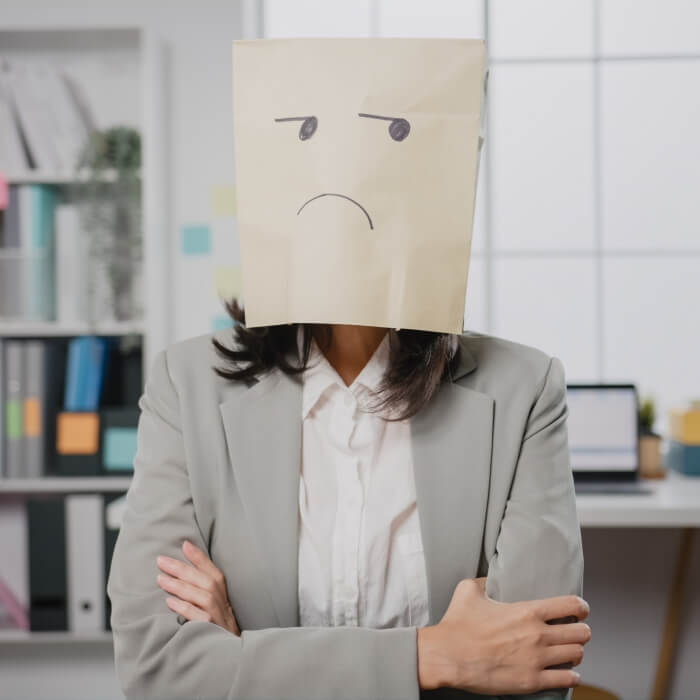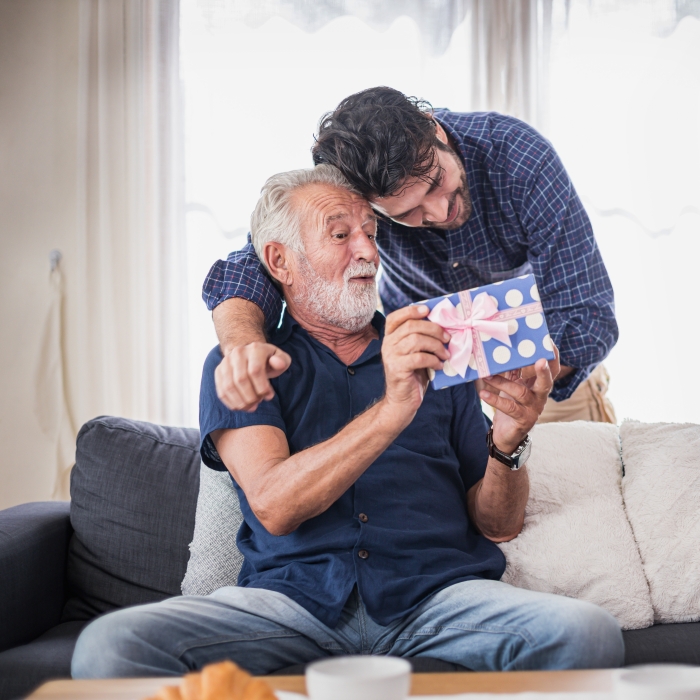Feelings of loneliness can have serious effects on our physical and mental health. These health risks are also associated with social isolation. This is why it is always advisable to maintain meaningful social connections throughout our lives. Connecting with other people, whether they are family, friends, or neighbors, and participating in community activities is good for us.
Avoiding social isolation and loneliness not only helps us maintain a good emotional health, but it also helps us protect ourselves from possible health problems that may affect our quality of life. For example:
- People who have strong social ties reduce their likelihood of premature death by 50%.1
- If social ties are weak, the risk of cardiovascular disease increases by 29%, and the risk of a cerebrovascular accident, such as a stroke, increases by 32%.2
- Poor social connection and isolation increase the risk of suffering type 2 diabetes, colds, depression, anxiety, poor cognitive function, and even dementia.3
- Social isolation leads to the same risk of a reduced life expectancy as smoking 15 cigarettes a day, and it represents a greater risk than obesity, excessive alcohol consumption, and lack of exercise.1
- Social isolation also contributes to deaths related to alcohol use, drug abuse, and suicide.3
- Social isolation and loneliness impact our lifestyle in terms of nutrition, physical activity, and sleep.3
Loneliness is not the same as social isolation, although both can have negative consequences. Loneliness refers to feeling lonely, regardless of the amount of social contacts. Social isolation is defined as a lack of social connections, which can result in loneliness for some people. However, others may feel lonely even if they are not isolated.
It is important to note that each case is unique. Everyone experiences loneliness differently. That is why it is always a good idea to take precautions and seek help when we feel that loneliness is affecting either ourselves or a loved one. There are many options to obtain help and guidance to overcome social isolation and loneliness. By seeking help, we are taking the right step toward a longer and healthier life. Click here to access resources that can help you move forward.
- 1 Studies by Julianne Holt-Lunstad as cited in Together: The Healing Power of Human Connection in Sometimes Lonely World, Vivek H. Murthy, MD. 2020.
- 2 Social Isolation and Loneliness in Older Adults: Opportunities for the Health Care System, The National Academies of Science, Engineering, Medicine. 2020.
- 3 Health Policy Brief: Social Isolation and Health, Health Affairs Organization, June 2020.
This health information does not substitude an evaluation with your doctor or health professional.
Sources:





